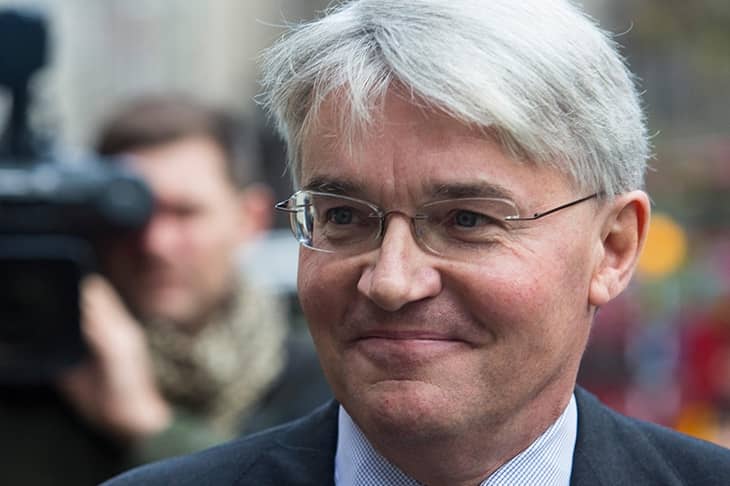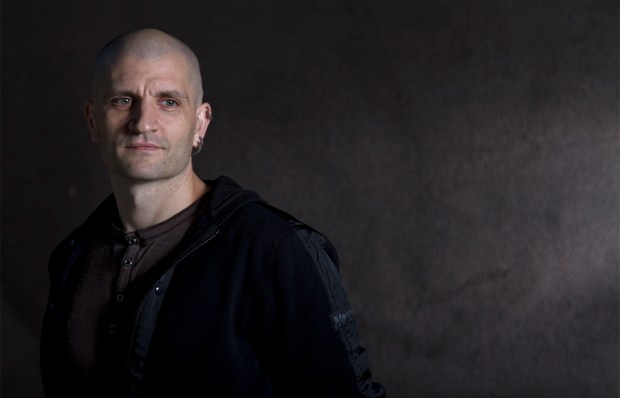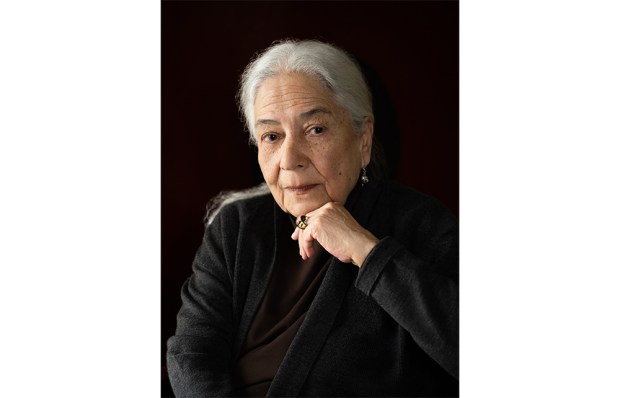Andrew Mitchell, as he readily admits, was born into the British Establishment. Almost from birth, his path was marked out: prep school, public school, Cambridge, the City, parliament, the Cabinet. At every step along the way he acquired the connections that would propel him to the stratosphere. But for one extraordinary event, who knows where he might have ended up? Certainly in one of the top jobs.
Already a subscriber? Log in
Subscribe for just $2 a week
Try a month of The Spectator Australia absolutely free and without commitment. Not only that but – if you choose to continue – you’ll pay just $2 a week for your first year.
- Unlimited access to spectator.com.au and app
- The weekly edition on the Spectator Australia app
- Spectator podcasts and newsletters
- Full access to spectator.co.uk
Or
Unlock this article
You might disagree with half of it, but you’ll enjoy reading all of it. Try your first month for free, then just $2 a week for the remainder of your first year.














Comments
Don't miss out
Join the conversation with other Spectator Australia readers. Subscribe to leave a comment.
SUBSCRIBEAlready a subscriber? Log in